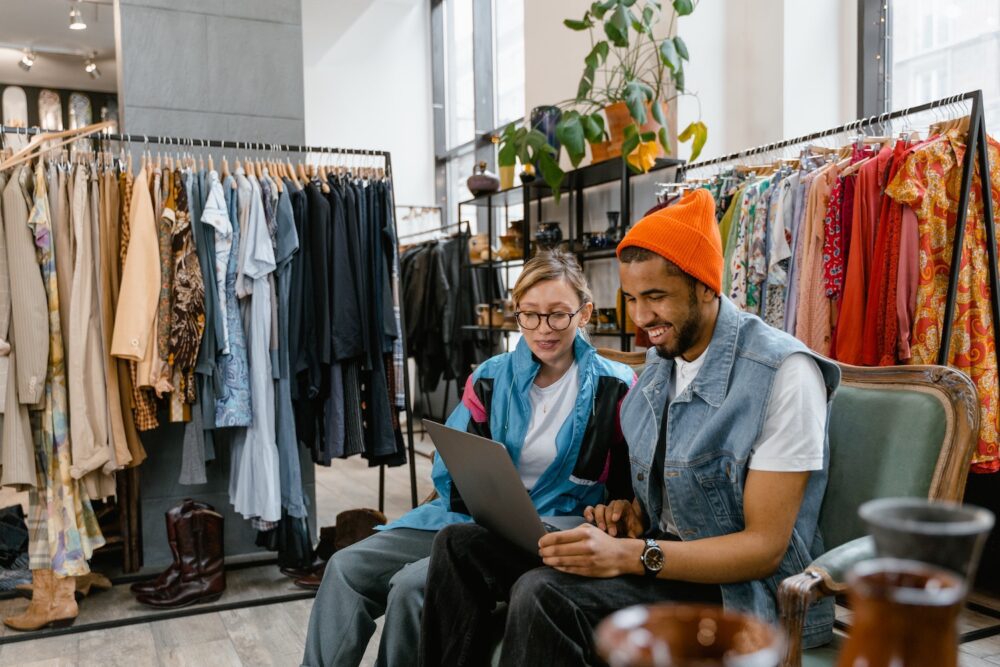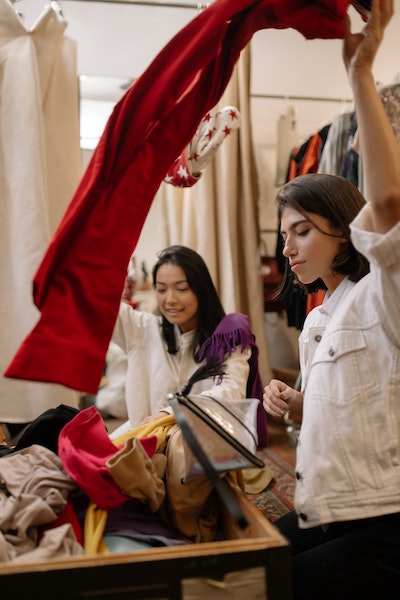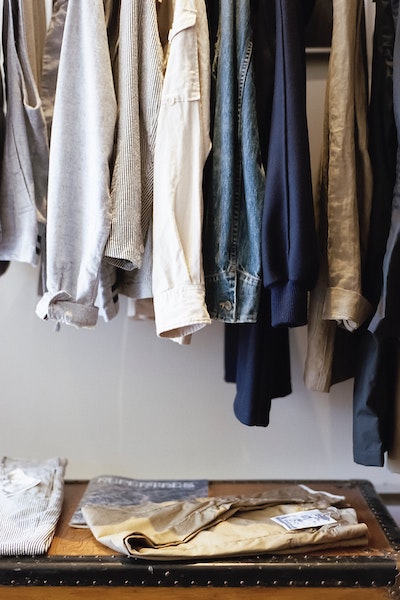Packaging sustainability influences the online shopping habits of more than half of Gen Zs, according to new research from packaging manufacturer and consultancy Duo.
Research of 1,036 Gen Z consumers found that 56% are less inclined to buy from a retailer again or would look for a different retailer in the future if delivery packaging wasn’t sustainable or resourceful.

37% admitted they would look beyond the environmental credentials of packaging to shop with a retailer again if they liked the product they bought, with 7% undecided about how packaging sustainability affects their purchasing.
Findings from the research feature in a new report, ‘The Recommerce Generation, How Gen Z will shape the future of packaging’. This highlights a growing eco-curiosity amongst Gen Zs. Five-in-ten online shoppers in this generation are taking notice of on-pack sustainability claims, with 37% making a conscious effort to read green messages displayed on packaging.
Research data also showed Gen Zs look for recyclability and reusability when determining how sustainable packaging is. 78% ranked the ability to recycle packaging locally as an important green trait, with 73% keen to be able to reuse packaging.
Zoe Brimelow, brand director at Duo, commented: “The popularity of pre-loved fashion is driving growing demand for packaging reusability amongst Gen Zs. 52% are re-selling clothing and want to be able to use packaging again when they’re trading and shipping via pre-loved marketplaces.”
When asked what changes they would make to packaging to suit the resourcefulness of pre-loved, the ability to reseal packaging and to easily change postal addresses ranked highly amongst Gen Zs. They also highlighted the importance of making packaging stronger and longer lasting so that it can be used multiple times. Gen Z, being environmentally conscious, not only values reusability and durability in packaging but also the practicality of handling it. They appreciate features like resealability, adaptability for address changes, and overall durability, including the use of sticky labels for secure
sealing and easy handling.
The research found that 60% of Gen Zs are more likely to buy from a retailer offering pre-loved items, either in-store or online, with the opportunity to save money proving the biggest motivation for 31% when buying used goods.
Zoe continued: “Recyclability has long been the defining trait for consumers when determining how sustainable they think packaging is. This continues to ring true for Gen Zs but we’re also seeing a shift towards the resourcefulness of packaging, which is being driven by booming pre-loved and re-commerce trends.
“Gen Zs are thinking more about the lifecycle of packaging, which creates a new opportunity for retailers to change sustainability narratives. There’s an opportunity to engage a generation of consumers to better consider the environmental performance of packaging beyond the end of its life and recycling. This could challenge misperceptions around materials like plastic and showcase the carbon saving benefits of such materials.”
Contributing to The Recommerce Generation report, Nick Beighton, former CEO of online retailer ASOS, added: “In order to build trust with Gen Z consumers, businesses must be transparent about their sustainability journey and what action they’re taking to improve circularity. This should be weaved into all marketing collateral, from pre-purchase through to on-pack messaging. Gen Z consumers care a lot about packaging, and if you’re not communicating your choices proactively, or providing information on how packaging can be reused or recycled as part of a circular approach – just like the garments they’re buying and/or selling – consumers will vote with their purchasing power and leave your brand behind.
“Undoubtedly more change is coming, as this research shows. In order to futureproof your business, brands and retailers need to take greater responsibility for the materials they use to deliver positive environmental change. Making better choices for your customers now will prepare your business to meet future demand, as well as educating and inspiring consumers to do better themselves.”














